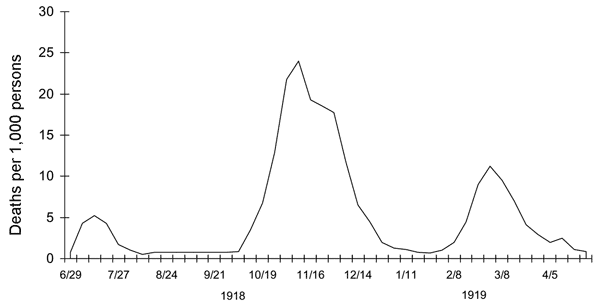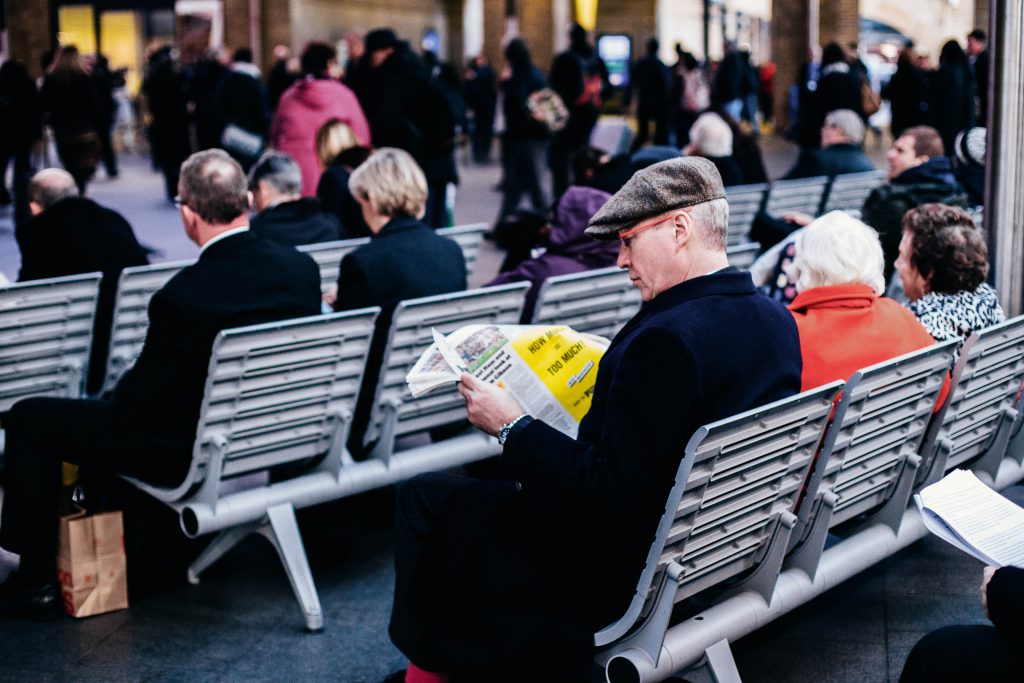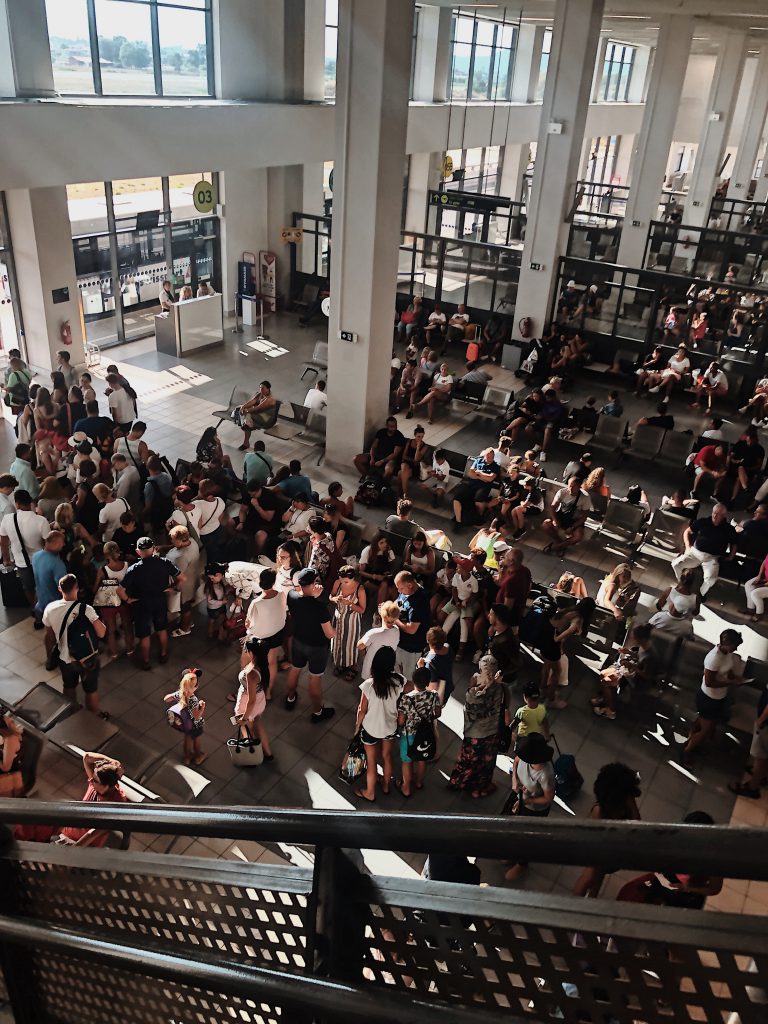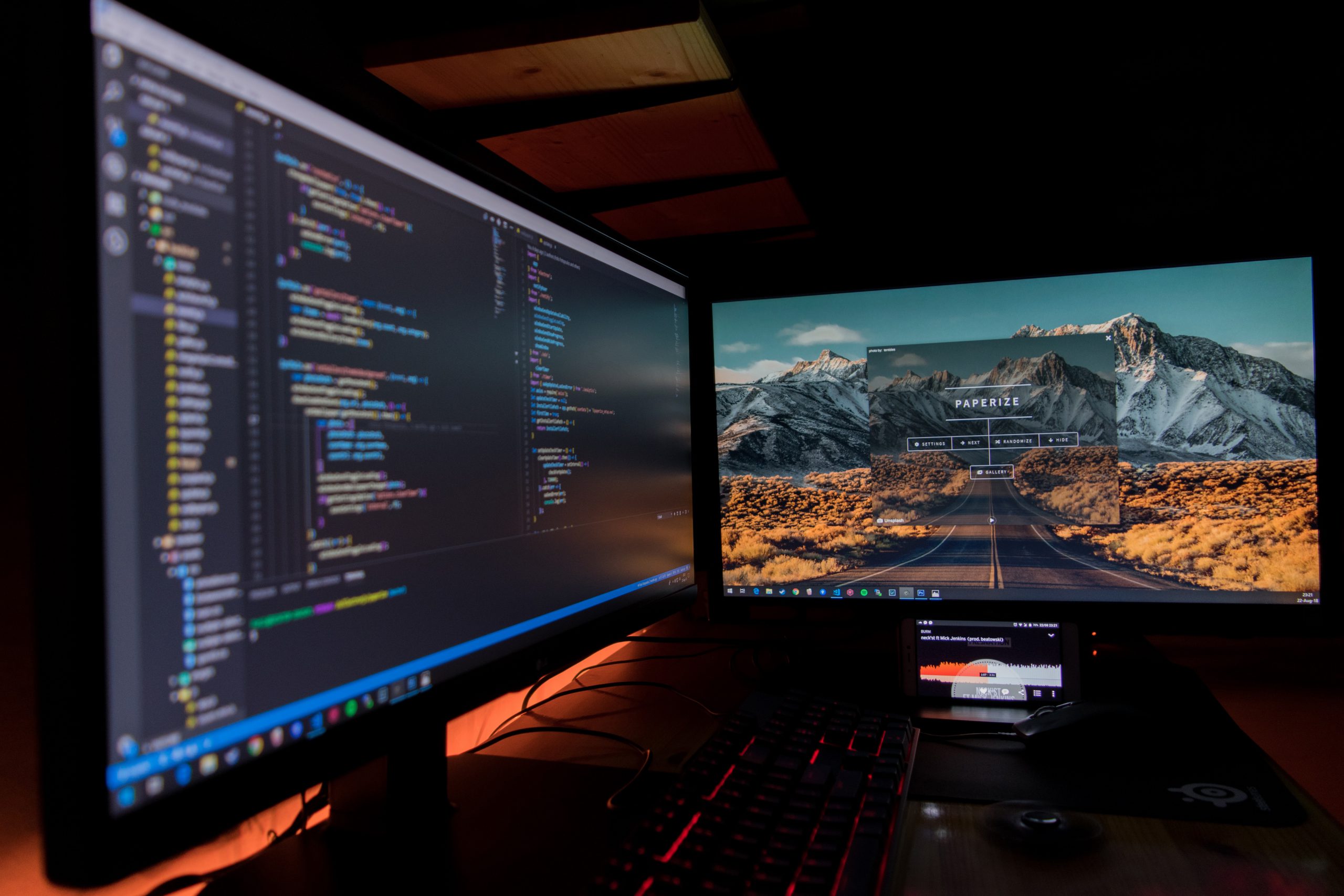At this time, we’d like to offer early boarding to passengers traveling with small children, and our active military members.”
once-familiar refrain at airports
It’s just before Easter, and it’s starting to feel like we’re entering Act II of the COVID-19 crisis. The frightening curves are flattening in many parts of the country. The number of new infections in hotspots like New York and Washington State are leveling off — even showing very early signs of decline. Here in King County Washington, the Army is folding up the emergency medical center at CenturyLink field and extra ventilators are being returned.
Spring is in the air. People are itching to get back to “normal.”
But public health experts, from Dr. Anthony Fauci to leading epidemiologists to highly-informed, prescient philanthropists like Bill Gates all remind us that it will really take a safe and effective vaccine to fully resume “normalcy.”
History has clear warnings: we backed off of quarantines way too early in past epidemics. The Spanish Flu came in three waves; it was the second wave of the Spanish Flu that was so deadly.

Most historians agree that we made a very fatal error in our response to the Spanish Flu in the summer of 1918. We concluded the crisis had passed, and went fully back to “normal” far too soon in many parts of the country. Yet we also cannot stay in lockdown for 18 months. So most experts say the remedy is to find some kind of gradual, phased, prioritized resumption of activities, with things like concerts and large-stadium sporting events being absolute last on the list.
We also need much more widespread testing, and an army of contact tracers, to really begin getting back to some more restricted version of “normal.” Germany is going to a system of certification — if you’ve demonstrated the presence of antibodies, you’re likely to have more freedoms. Will we be willing to submit to this level of “surveillance?”
What’s clear right now is that ideally, what’s next for America will likely involve some kind of staged, gradual easing of certain kinds of activities. But will it be orderly? I think it will be very difficult to hold it together in a staged way.
Boarding Soon
In other words, we are in that itchy, eyeing your fellow-airline-traveler moment when all the families with young children and uniformed military service members have boarded the plane, and there’s no visible queue.
The gate agent has gone silent. The minutes tick by. You’ve got a carryon bag and one personal item too, just like all the passengers you see in the waiting area. Do you get up out of your chair and start lingering over to form the line? What happens when you see the first ten people doing so? What happens if it’s an airline that’s burned you many times before, seemingly not caring about enforcing any kind of queuing order, or imposes a system you think is unfairly or capriciously run?
In that moment, everyone comes up with their own rationalization as to why they should board next. “I’ve got a connection, and cannot wait for my bag. I bet they don’t.” “My bag has been lost twice in the past two years. I bet theirs hasn’t.” “They never enforce the rules. I tried following them a couple times, but I’ve been burned before. Not this time.” We tell ourselves these little lies that rationalize our place ahead of everyone else’s. I’m guilty of it. Aren’t you?
How do we re-start an economy when we cannot have everyone doing everything at once? We are not an authoritarian society; not yet at least.
We do have things like social shaming and social pressure. Anyone who has spent any time on Nextdoor has seen callouts of teens speeding through neighborhoods (with photos), etc. We’ve got hashtags and cancel-culture; not something I love.
We also have things like a market-based system, where supply/demand and pricing (i.e., money) is often used to “allocate” scarce resources. But that is clearly not the acceptable way to tackle this question in this particular instance until perhaps the very last stages of recreation and luxuries. (For instance, if I squint, I could see a de-densified baseball game with three seats mandated between everyone, where you have to buy not just your seat but the two to your left.)
Perhaps we can use penalties for line-jumping, but we have an overburdened police force. It’s unclear that the penalties for “line jumping” will be very high, because they will generally be violating civil liberties that we hold dear.
It certainly makes sense that first responders and healthcare workers and “essential workers” have to take priority — and they have. We’ve been able to agree upon that as a society; no fights have broken out, and very few (if any) people are elbowing to get ahead of these obvious cases.
But we enter the grey area soon. In other words, we’re at the point where we’ve called for the families with small children and active military members to board the plane. Who’s next? And what will we do when people inevitably jump the line?
At the extremes — health and food — it’s easy to agree on what’s “essential.” But now, in Act II, we soon enter a phase in which virtually everyone will want to rationalize why their work or visits or service should be in the next group. And to a certain extent, they’ll be able to.
As Americans though, we’re unprepared for the kind of orderly queuing that this phase will require. We have at least 40% of the nation that not only doesn’t trust the administration, it carries a large amount of contempt for it. We have a press which largely casts every decision as a referendum on the president, good or bad.
Instinctively, this is a question of whether we will value the greater good over our own individual good. And the greater good is amorphous — it’s hard to get a feel for it. And the people who report on it (today’s “media” or even the president) are hardly trusted.
Overall, at least in the King County area, I think we are doing a very good job prioritizing public health and staying home, washing hands, etc. But this will become much more difficult to maintain as the data points in positive rather than dire directions, and as people start to observe other people jumping the quarantine.
The American Enterprise Institute has done a pretty good job I think in kicking off the conversation about how to prioritize re-opening, in their report: “A Roadmap to Reopening.” It’s a good starting framework to begin the conversation; given its source, it certainly has its own biases, and those should be questioned, and augmented with all kinds of stakeholders and their say. I cite the AEI’s report here not because I’m convinced it’s the right framework but because it’s the first (and, as of this writing, only) systematic argument I’ve seen on the matter.
This will not be an easy process. If you’ve ever boarded a full commercial flight, you know what I mean. You want it to look like this until each group is called:

But just as soon as the gate agents start speaking about the flight, it starts to look like this:

Over many dozens of flights, I’ve observed that attempts at keeping it orderly break down pretty quickly.
It’s also cultural, of course. Some societies are orderly and queue well. We are not one of those societies. But fortunately we’re also not the worst at it, either.
In America, the most common scenario seems to be that we do observe preference in an orderly way for obvious, verifiable cases — e.g., military service members in uniform and parents with very small children. These groups to me are analogous to observing the essential nature of healthcare workers, first responders, and grocery workers during Act I of the COVID-19 crisis. They’re obvious. They’re verifiable.
But when signs of priority are not easily visible nor verifiable, it gets very sticky, quickly. Because everyone wants to be in that second wave, and everyone has a rationalization for why they should be there.
I’ve noticed that when gate agents phrase it as “We’d like to offer pre-boarding to those who need a little extra time getting settled,” that more amorphous need-based description can lead to much more line-jumping, suspicion and ill-feelings toward our fellow passengers. “Do you really need that extra time, you seem to be doing just fine…” we might sometimes say to ourselves if we cannot observe the issue.
Have you seen someone who appears perfectly able park in a handicapped spot? Do you know for a fact that they shouldn’t be entitled to that privilege? How do you feel about their actions? Have you ever tried to verify it? Sounds personal, right? We’re in for more of that.
In such situations, the dam breaks quickly. After a small handful of people with “secret tickets” start lining up and seem to be breaking the rules, everyone gets up out of their chairs to mark their place in line. Many do so knowing they have lower boarding priority than people right next to them. When people observe a few people not following the rules, the “crowd” decides not to follow the rules.
The moment that anyone observes “cheating” or “line jumping,” the entire social contract breaks down. The problem is, it only takes one or two such people to have suspicions.
Skeptical people exist everywhere in our society. If anything, our tendency to embrace skepticism has only increased over the past ten years, as bedrock assumptions we may have had about order or democracy or our voice “counting” have been repeatedly challenged. I am one such skeptic (yet optimist.) I do however stipulate that my ticket out of this crisis and into “semi-normalcy” should be in Boarding Group Z, seat 64B.
Please assign me the middle seat in the very back of the plane. But I also only have tolerance for so much observed cheating — spit-balling, I have tolerance for maybe 50% of the population noticeably cheating before I too, jump in and break the guidelines. (Why not sooner? Because I still hold out hope that we will be smarter. Only when the last gasp has been eviscerated do I jump in with the crowd.) Another way of stating this is that I’m not going to be in the first 50% that breaks the rules, but I’m probably not going to be the very last individual to do so, either.
America is a nation that allocates most scarce resources through economic means — but this phased resumption of activity isn’t something that capitalism is very good at. We are competitive. We value liberty. Yet in this case, it shouldn’t be those with the most dollars that go to the front of the line here — it should really be some staged sense of what has the highest “net societal return on effort” with least virus-spreading danger, highest need in restarting an economy, most at-risk economically if-they-don’t-go-early.
Perhaps, as Bill Gates has suggested, it should be possible for small groups of young people to physically get together in classrooms for learning, because the young are not very susceptible to this virus.
Whatever plan we take, we likely need to figure out ways to increase the chances that the “boarding order” is maintained. I don’t see how we do this without penalties of some kind — either small fines or social call-outs as line-jumping occurs. At a minimum, we need a lot more robust testing and organized contact-tracing — testing should even be available without a doctors’ orders, at any pharmacy and/or drive-thru stations.

